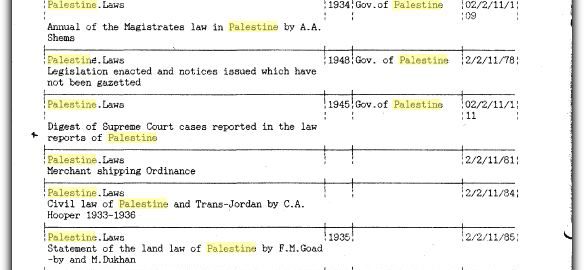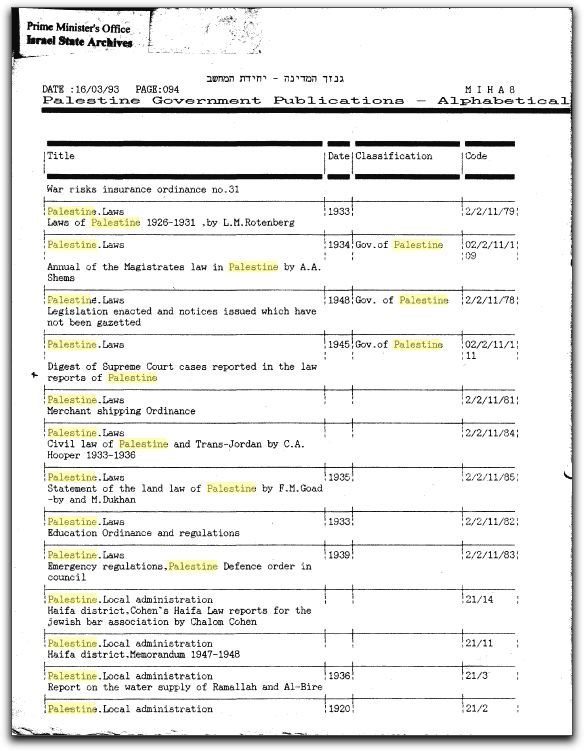
Tonight begins Yom HaZikaron in Israel, Israel’s memorial day for fallen soldiers. As with most Jewish holidays, the ‘day’ begins at sundown the night before and ends at sundown the following day. Tomorrow night begins Yom HaAzmaut, Israel’s Independence Day.
It’s always struck me as incredibly emotional to have a country’s Memorial Day lead directly into its Independence Day. This has a lot to do with Israel having had a mandatory draft, for men and women, for its entire existence. Just about anyone who grew up in Israel, or moved here young enough to have served in the army, has friends and/or family that were killed while serving in the Israeli army. In some ways one can compare the attitude of memorial day in Israel to that of memorial day in communities in the US that have large military connections. It’s unfortunate, by true, that in many areas of the US, Memorial Day is considered just another day off from work. It’s hard to think that way in a small country like Israel where everyone knows someone who was killed.
On Yom HaZikaron, all Israeli TV stations either broadcast a memorial symbol like a burning candle, or broadcast programming that respects the reverence of the day. Only the kids channels and foreign channels broadcast normally.
Another fascinating thing that happens on Memorial Day in Israel is that a 2 minute siren is sounded around the entire country, at which time people stop what they’re doing and listen. Car actually pull over on the highway and wait for the siren to finish. The first time I was driving on a major highway at the time of the siren, I had no idea why everyone was pulling over. Other driving knew to pull over even before the siren started, and I didn’t realize why everyone was pulling over until the siren sounded. Here’s a Youtube video of this very interesting experience:
So what does any of this have to do with genealogy? Well, I was just reading a fascinating article from one of Israel’s main newspapers, Haaretz, titled Identifying the unknown soldiers from Independence War. David Ben-Gurion, the first Prime Minister of Israel, once proclaimed that Israel did not have a grave for unknown soldiers like other countries. The point was that he intended to insure that there was never a need for such a memorial – that every soldier would be known.
The article describes the efforts the Israeli Army goes to to identify ‘unknown soldiers’ from various wars, including now doing DNA testing when necessary to confirm the identity of soldiers who, due to the circumstances of the war, were buried without proper identification.
Somehow after last week’s Holocaust-related posts (on Yom HaShoah, also last week, Israeli TV stations also do not broadcast normal programming) it seemed appropriate to mention this article which points out that many of the ‘unknown soldiers’ in Israel were Holocaust survivors who arrived in Israel just in time to fight and die for the nascent State of Israel. Many Jews arrived from Europe with no family or friends who knew them in Israel, and when they died fighting had no one to insure they were properly memorialized. The Israeli army’s Eitan unit, which handles the investigations into unknown soldiers, identified the graves of fourteen soldiers from the 1948 War of Independence between 2009 and 2010, and nine out of those fourteen soldiers were Holocaust survivors
While a sad topic, it is somehow clear how fitting Israel’s scheduling of Independence Day the day after Memorial Day is, when you realize how the initial soldiers in Israel’s War of Independence died fighting to insure the country was not snuffed out before it even began. All the more reason it seems critically important that those soldiers who have no memorial today are identified, found and have proper memorials set up.
Update: Someone posted a video taken in the open marketplace in downtown Jerusalem yesterday on Yom HaZikaron which I think is worth seeing. The video shows the hustle and bustle of the open marketplace and about a minute in to the video the siren begins…


